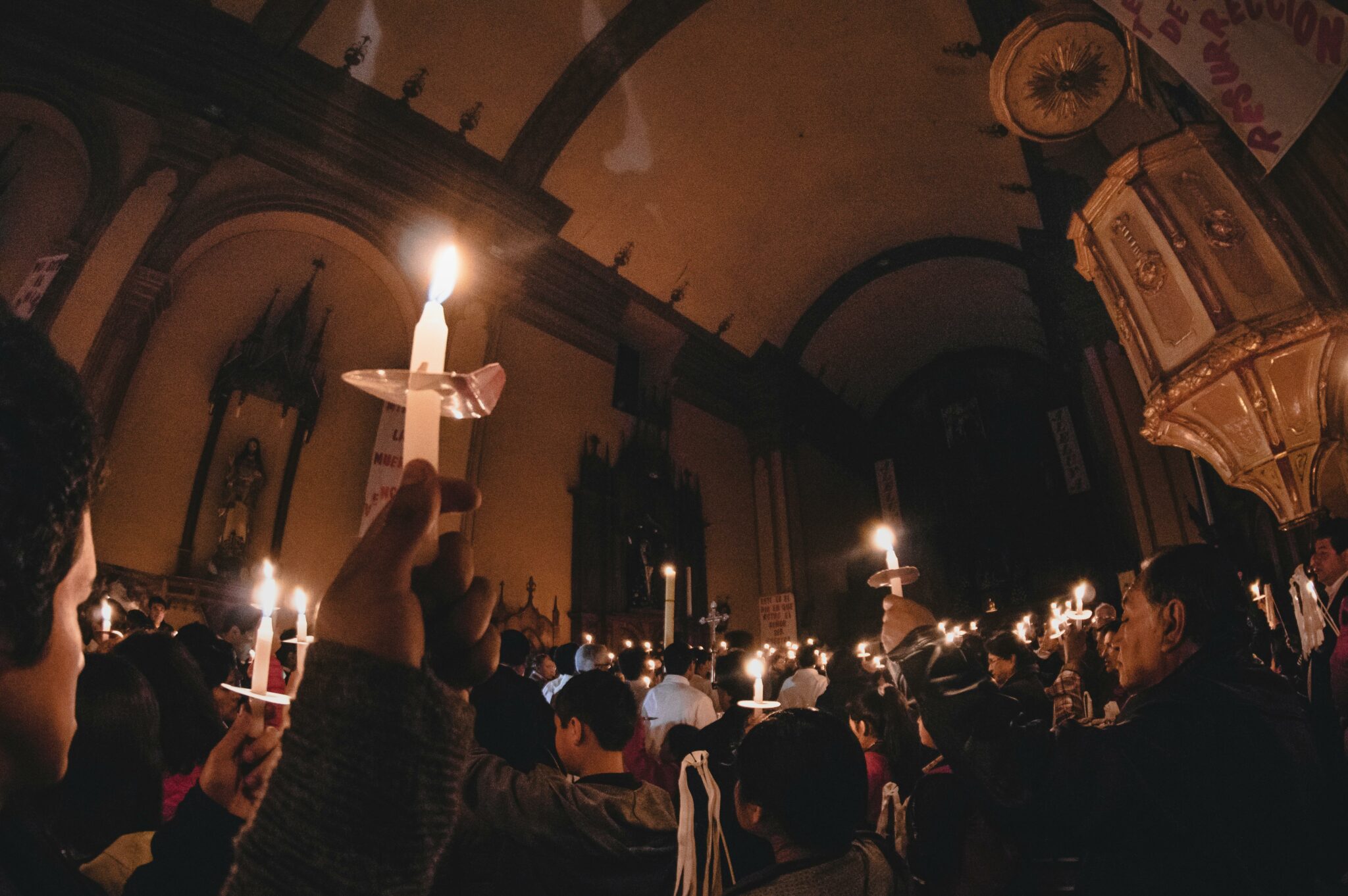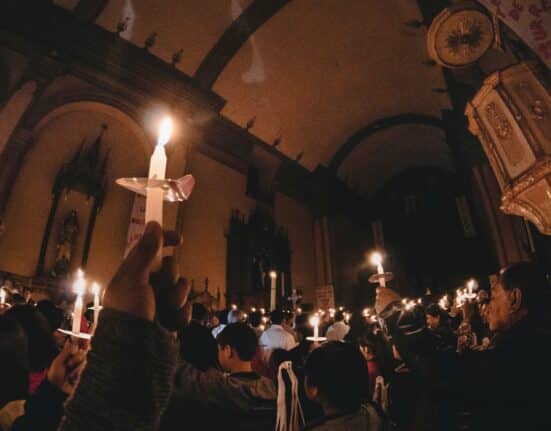‘’BAWAL maligo pag sapit ng alas-tres ng hapon tuwing Biyernes Santo dahil patay si Hesus.”
In the Philippines, Holy Week is a time of solemn reflection, tradition, and spiritual practices commemorating the final days of Jesus Christ’s life that are deeply carved in Filipino culture. However, there are also intriguing Superstitions that intertwine with religious traditions in the Philippines that are passed down through generations.
As Gen Z individuals navigate their cultural heritage and modern influences, their perspectives on these Holy Week folklore and superstitions offer insight into the intersection of tradition and contemporary thought.
The question is, does Gen Z still believe in Holy Week folklore and superstition?
The Beliefs
The 26-year-old, Chastine Ladrillono, revealed some of the superstitions during Holy Week that she grew up with.
”I am a Spanish Citizen with Filipino blood and heart. I grew up following both Filipino and Spanish culture and traditions during Holy Week, but most especially following the superstitious belief my elders taught me.”
Ladrillono recounts her Grandmother’s teaching and stories, “My Lola would remind us not to make too much noise during Friday and Saturday because these days are for mourning the death of the Lord.” She continued, “She would also get mad if we traveled during these days kasi takaw daw ito sa accidents especially if we are going to the beach because during these days nangunguha daw ang dagat and she did not explain any further the reason why.” Ladrillono said that she follows all these beliefs and practices that her Grandmother taught her even though she did not know enough reason behind them.
Angela, a 20-year-old, active Catholic who belongs to a religious family, says that she grew up following these Superstitions and believing in Holy Week folklore as it is something that is strictly observed in their family.
“As a child, I have been told and even scolded for disobeying some of these beliefs.”
Angela said that she follows everything from placing blessed palm fronds or “palaspas” on doors on Palm Sunday to avoiding travel, excessive noise, getting wounds, and refraining from showering at 3 pm during Good Friday.
Angela added, “We also have amulets or what they call anting-anting during these times as we believe that it will help to keep bad spirit away and other good reasons.”
Are these Superstitions prevalent in Gen Z?
According to Ladrillono, she still observes some of these beliefs. However, according to her, she is now more focused on her spiritual connection, and redemption this Lent Season.
”Right now at my age, I don’t really follow everything compared to when I was you, but I still observe and practice some of these beliefs kagaya ng hindi pagligo kapag 3 pm and pagkain ng karne.” She continued, “I think as time passes by, I think it is less practiced now in my generation. My brother who is 8 years younger than me, doesn’t follow much of these beliefs but he is not reprimanded for it compared to me when I was younger.”
On the other hand, according to Angela, she still follows every tradition and ritual observed during Holy Week.
”Well in my circle, peers, the people I know with the same age as mine, I still follow these beliefs kasi wala naman mawawala, and I feel like it is something that connects me to God, but for whatever reason, I think we should respect kung ano man ang paniniwala ng iba.”, she said.
Believer or not, express respect.
The superstitious beliefs of Filipinos during Holy Week somehow provide a fascinating glimpse into the intersection of culture, tradition, religious teaching, and individual beliefs.
An article by Fr. Rolando Arjonillo, published by the Catholic Bishops Conference of the Philippines, said that during the Holy Week, it is important to practice true piety, do away with old tales, and remember the true meaning of this season.
As time passes by, some of these Holy Week Folklore and Superstition may persist and may also fade to obscurity. Whether followed devoutly or challenged, these beliefs reflect the diverse beliefs and practices that shape the Filipino identity during this sacred time of the year.
The process of reflection, confession, and redemption is the essence of Holy Week. What counts most is the sincerity of one’s faith and the desire for a closer relationship with God, regardless of one’s belief in superstitions.









